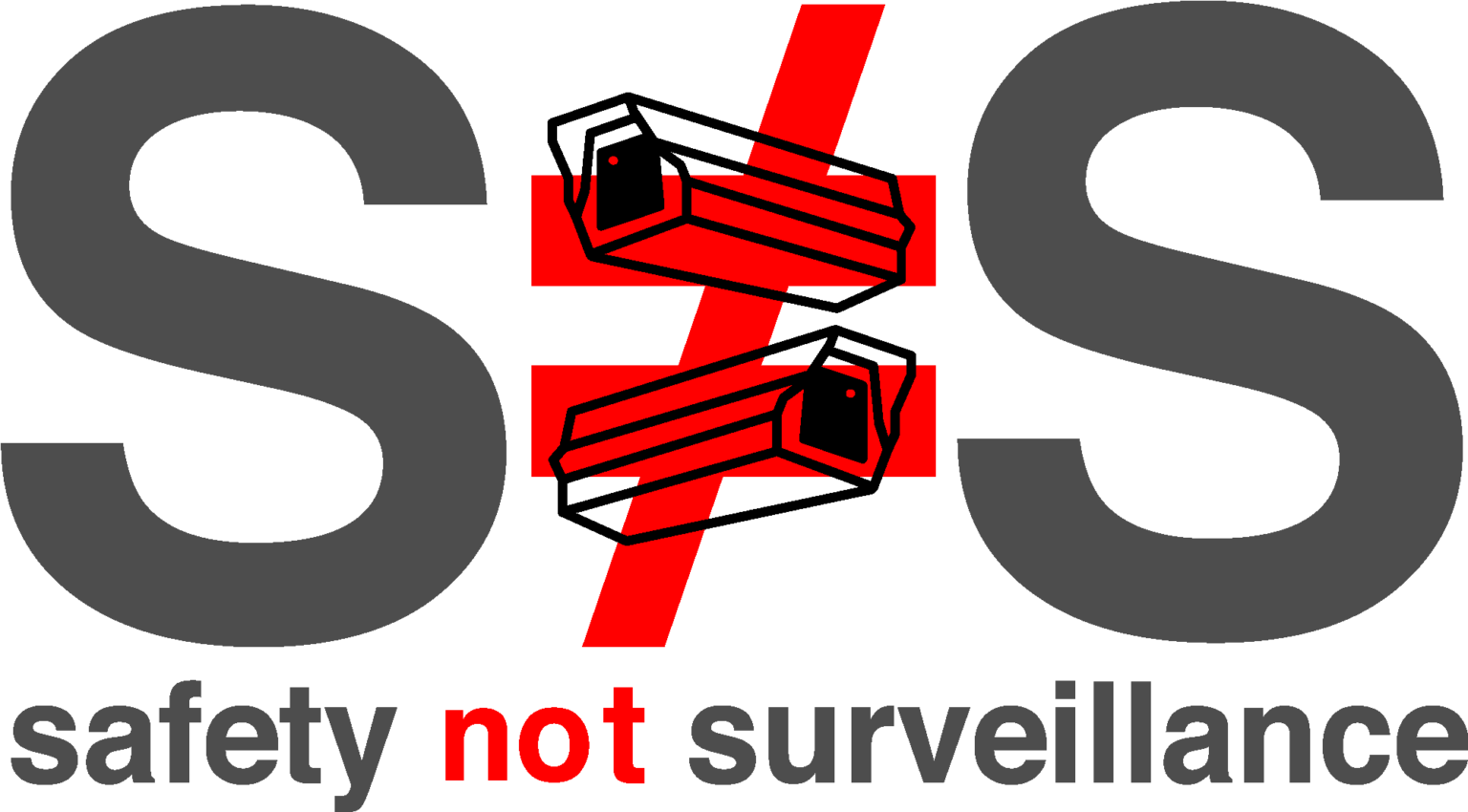What do we fight for?
Police are increasingly using surveillance technology and military equipment to further entrench racial bias into the criminal justice system, secretly invade civilian privacy, and wrongfully arrest innocent people.
The city of Minneapolis is considering a measure called Public Oversight of Surveillance Technology and Military Equipment to hold police accountable for proper use of surveillance technologies.
Our coalition is a local measure within the ACLU’s nationwide Community Control Over Police Surveillance (CCOPS) effort. The CCOPS model bill has been successfully adopted in 13 major American cities and counting. Minneapolis could be the next city to join the movement.
What it entails:
The POSTME measure offers a framework for acquiring new surveillance technologies and using existing ones. The measure promotes four guiding principles:
- Transparency
- Oversight
- Accountability
- Equity
First, the police would need to generate a public-impact report of surveillance tech. Next, express city council approval would be required in order for the technology to be acquired and used. City council approval would come with clear rules and policies for surveillance in the community, as well as clear and enforceable consequences for when the technology is misused or abused.
Equity is central throughout this process. By requiring equity-impact reports and correcting the over-policing enabled by previous surveillance tech, POSTME would help restore the balance of power between police and community, protect protesters, and take a step toward ending racial discrimination.
Why it matters:
Surveillance technology is powerful.
It was powerful enough to wrongfully land Robert Williams, a resident of Farmington Hills, Mich., in a holding cell for 30 hours in January 2020. The Michigan State Police had run blurry surveillance footage of a theft through a computer facial-recognition system, incorrectly matching it to Williams’s face and resulting in the warrant for arrest that tore him from his two young daughters, ages 2 and 5, suddenly and inexplicably.
Surveillance technology has a long history of misuse and abuse, especially when it comes to racial bias. Federal studies have revealed that surveillance tech misidentifies Black and Asian people up to 100 times more frequently than it does white people. Furthermore, police misuse of surveillance tech creates a stigmatizing, oppressive environment and is a barrier to transparency with the public.
Local communities should play a significant, meaningful role in deciding if and how surveillance technologies are funded, acquired, or used.
What difference it might make in Minneapolis:
In Minneapolis, growing demands for police accountability following the brutal police murder of George Floyd and the recent passage of the Data Privacy Principles Act in February 2020 serve as momentum to push local government to protect our privacy. Protecting our city from misuse of surveillance technologies is just one way of reforming abusive and
discriminatory police practices, providing a solid foundation for larger social change.
